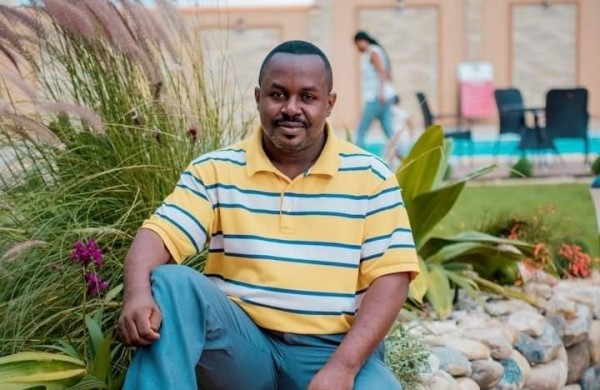This week marks the 20th anniversary of the start of the Rwanda genocide, which killed nearly one-in-seven people in the small African nation. Today, there is continuing debate about the role of the news media in the calamity – from the role local broadcasters and newspapers played in fuelling ethnic hatred, to concerns that the shallowness of international coverage in the early days contributed to the lethargic international response.
IPI draws on the experience of several journalists to reflect on the media coverage of the Rwanda genocide – and its impact today on press freedom in Rwanda. These commentaries also serve to help encourage discussion at the forthcoming IPI World Congress in South Africa, 12-15 April 2014.
The above headline sounds unusual, sounds contradictory to what is known regarding the role of the media in the 1994 genocide.
I have to admit, first, that the Rwandan media before and in 1994 played a role in propagating the hatred among citizens, calling on Hutus to kill Tutsis and some journalists were directly involved in this genocide.
Media framed victims and dehumanised them. It was unbelievable; no one could understand the nature of the media – hate media – it was extreme.
However, the blame should first go to the leaders of that time, the authors of genocide, the ruling party (MRND) and co-parties like MDR, CDR, etc.
It’s always difficult to see the difference between media and politicians in most African countries. The media are always a channel of political views and in certain cases you find it irresponsible.
Our media have never been independent from the state and politicians; this (to me) was a major setback that caused it to behave that way in 1994. The issue of who owns media has never been answered; but whether you agree or disagree with me, media owners have been people who are directly or indirectly involved in politics. It’s always difficult for them – differentiating the role of media in any society and the political motives in the country.
Now, it’s 20 years after the genocide against Tutsis and people will always ask if we cannot have the likes of the Kangura newspaper, Radio-Télévision Mille Libre des Mille Collines, the Nyiramacibiri newspaper, etc … those that in 1994 contributed to spreading hatred.
Well, our media environment has been growing better, playing a big role in reconciliation, healing genocide wounds and mostly playing a significant role in a nation’s change and development.
But, should we say that we are there where we should be? Do we have the media we need to ensure the sustainable development as well as deepening democracy in our country?
I think we need a responsible, professional and independent media.
The Rwandan government today realises that independent media are a tool to a peaceful, democratic and developed nation; the Cabinet adopted the media policy that paved the way for media self-regulation.
It’s the law now that journalists regulate themselves and the state has nothing to do with journalistic content, and now maybe there will be no more arrests and summons by state police like there used to be in years back.
Let’s believe that no journalist will be forced into exile or that the government will be suspected of murdering journalists.
But the mindset has to change first among politicians who still relate today’s media with those of the 1994 genocide.
Politicians should know that they used the weaknesses of media then and used it for their political ambitions to divide Rwanda. They propagated their hate messages through irresponsible media which could not define their role in the society.
The leadership has changed, the media are taking shape and are redefining their role in Rwandan society. Media recognise the harm they caused in killing of over 1 million people.
But to have strong and responsible media, there’s a need to let them live on their own and to be accountable of what’s transmitted to the public. Some politicians in the country claim to not trust media because of their role in the genocide. Why should we trust the leadership today and not trust the current media?
Media freedom is important to building strong and accountable media, and in return; media will contribute to the country’s development and stable governance.
Media played a bad role during and before genocide against Tutsis. But this shouldn’t be a scapegoat to some politicians to deny media freedom today.
The writer is the first head of the new Rwanda Media Commission, a seven-member regulatory body established in September 2013. He also works for the Izuba Rirashe newspaper and Internet news site in Kigali.

